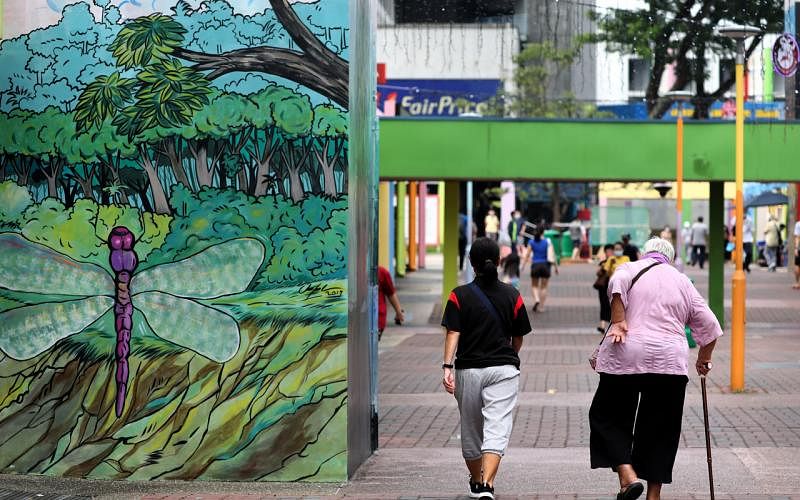
(Morning News) Studies have found that the degree of calcification of abdomen can reveal the risk of dementia in the elderly, and the degree of calcification of abdominal aortic aortia can be achieved through common bone density scans.
Xinhua News Agency reported that the international team led by researchers of the University of Edis Curon, Australia conducted this long -term research, involving 958 elderly women who are 70 years old and over.Researchers evaluated their abdominal motivation calcification based on their spine side bone density test data, and divided them into three groups: "low", "moderate" and "heavy" according to the degree of calcification.
Studies have found that each of each of the two survey objects have a moderate and high -level abdominal active pulse calcification.The results of health tracking that lasted more than ten years showed that the risk of "moderate" and "severe" groups due to dementia and death was twice the "low" group.
Researchers say that abdominal aorta is the largest artery of the human body and is responsible for transporting oxygen -containing blood from the heart to the abdominal organs and lower limbs. The health status has always been an important factor in assessing the risk of cardiovascular disease.
This new study shows that the degree of calcification of abdomen can also be used to reveal the risk of dementia. The degree of calcification of the abdominal initiative is very simple.Scan the position.
One of the researchers, Professor Simon Raus at the University of Edis Curon, said that in the field of dementia, it is often said that it is good for the heart that is beneficial to the heart. This research further confirms this.Specific relationship.It is hoped that people will take intervention measures as soon as possible to reduce the risk of dementia through changes in eating habits and increased physical exercise.
Related papers have been published on academic journal Liuye knife and regional health -the Western Pacific.




